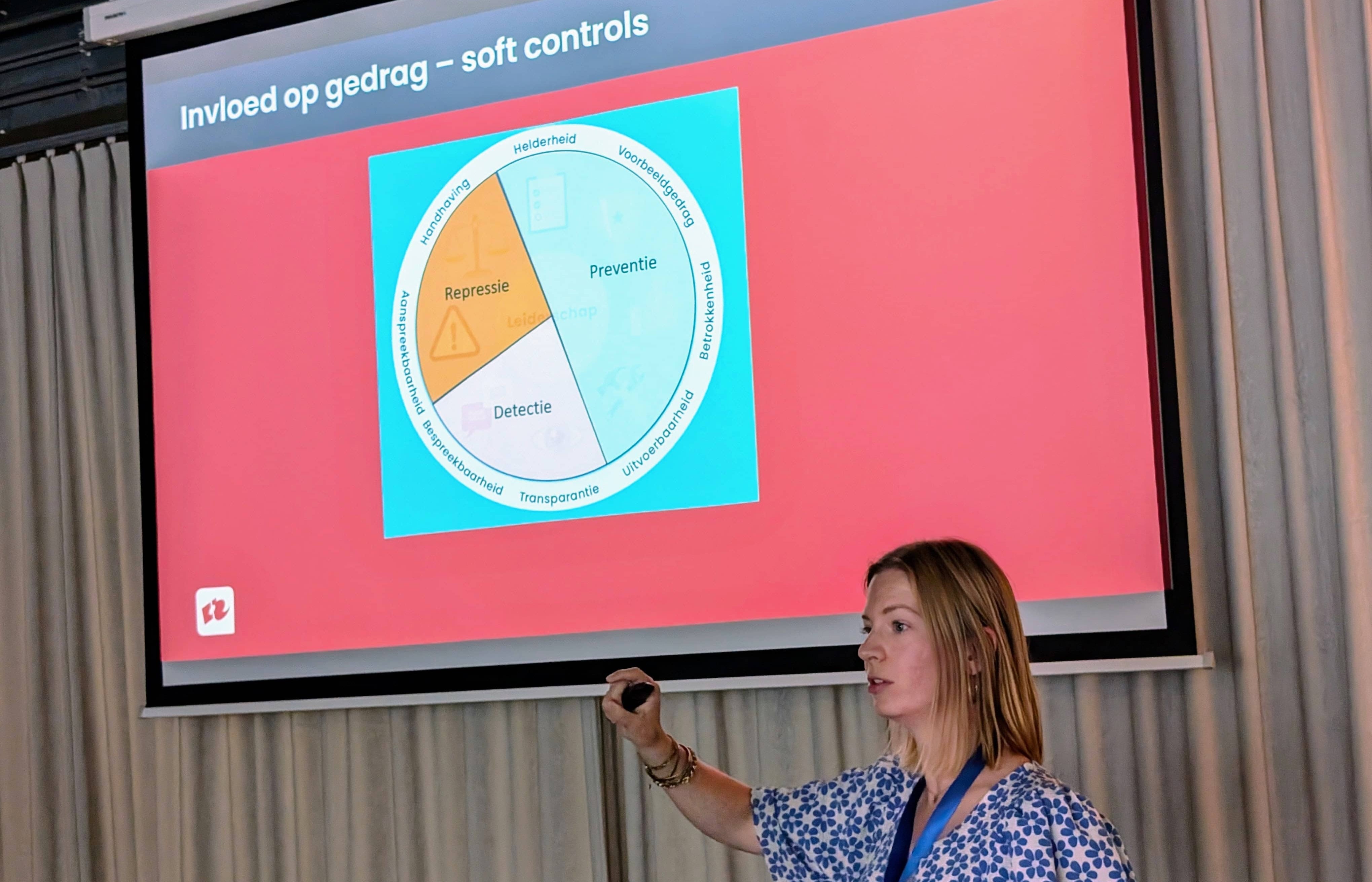
More than just the EER
Last month, the Wet leeruitkomsten hoger onderwijs (“Higher Education Learning Outcomes Act”) was formally passed in the Netherlands. The aim of the law is to make the education curriculum more flexible for part-time and dual students. The new law allows them to get exemptions for parts of the curriculum based on their experience. This opens the way to modular education after years of experimentation.
In 2016, we started the learning outcomes experiment and it was much needed. At that time, the number of part-time students had been declining for years and this was mainly due to the lack of flexibility of part-time courses. Studying part-time in any situation requires great sacrifices at home and many students felt that their existing experience was not recognised. The experiment therefore explored whether a fixed programme of so-called teaching units could be exchanged for a more freely designed curriculum.
A major success
Almost half of all colleges participated in the experiment, which proved to be a great success. During the period of the experiment, the number of part-time students increased by about 50%. These are impressive figures and underline the need to connect with the experience of part-time students. With Docfield, we experienced this growth up close. Many of the participating colleges were already using our software to create and manage the Education and Examination Regulations (OER in Dutch).
The OER is a complex document involving many stakeholders, who often only own a sub-area of the document. Although less voluminous and focused on the individual student, the study plan shares many characteristics with the OER. This is mainly in the dynamic content. By this I mean that it is one standardised document that needs to be managed at scale, but in which one records individual agreements per student. As soon as generic components of such a document change - think of legal components or educational content - you want to adjust the template for all documents once instead of all documents individually.
Constantly evolving
From January 1, 2025, the Learning Outcomes Act is no longer an experiment, but the norm. About half of all colleges already operate (broadly) in line with the new legislation, but for the other half of colleges there is a particularly short period to prepare. And there is quite a lot coming their way. For many students, a personal study plan will have to be established. In it, agreements must be made about the content of the programme, student choices about learning activities and the way the student will be supervised. This should always be reviewed per 30 ECTS and periodically. In short, a study plan is a document that, like the student, is constantly evolving.
The turns you make per individual student in the study plan are a derivative of the main learning route anchored in the OER. The kinship between these documents makes it a logical choice for many colleges to manage both documents in the same application. The study plan is a document that has no mandatory structure and can be freely designed by colleges. This does not always make things easier. As a result of the experiment, we developed a template for the study plan in cooperation with some of the participating universities. This template provides guidance for colleges that need to switch quickly to the individualised study plan and want to fall back on the experiences of other colleges.
Docfield is more than OER Write
Older clients of Docfield know us as OER Write. Because of this name, we have become almost identified with the Education and Examination Regulations over the years. However, our education customers use us for much more than just the OER. Besides the aforementioned study plan, the application is also used for other documents such as rules & guidelines and regular contracts (such as with suppliers).
As Docfield, we function in education in a triangle where we facilitate the document creation process for all student-facing, supplier-facing and policy-facing documents. The reason for starting Docfield was not so much to facilitate OER creation, but to solve the underlying problems that became apparent from this extraordinarily complex process. What became clear is that document creation still largely proceeds as it did in the days of the typewriter. Someone types a file, shares it for review, gets back an edited piece, modifies it, resends it etc. A huge amount of time and energy goes into this process. On top of this, it leads to inefficiency and error proneness. Our mission is to adapt this process to 21st-century technology, starting with OER. However, five years after our founding, we are doing this much more broadly, including study plans.
Curious about how we can take you further with Docfield? Request a demo


.jpg)
